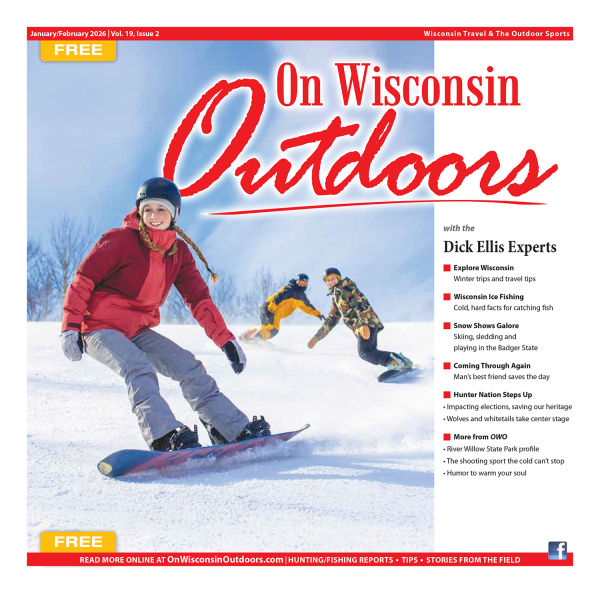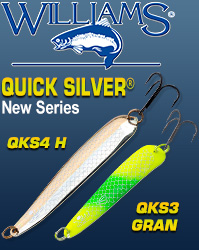Boating season opens in the wake of good news about aquatic invasive species
MADISON – Memorial Day, the unofficial start of the boating season, arrives with good news for efforts to keep aquatic invasive species from ruining outdoor fun on the water and Wisconsin’s beautiful lakes and rivers, state invasive species experts say.
- The flood of new aquatic invasive species into the Great Lakes appears to have stopped as federal regulations (and now state regulations) that require ocean-going ships to exchange their ballast water in the open water are proving effective, according to a recent report from the International Joint Commission.
- Wisconsin research is confirming that boaters, not ducks or other birds, are the main carriers of invasive species to new waters, and that simple steps by boaters to avoid spreading the aquatic invaders can make a big difference.
“Memorial Day arrives this year with some of the best news we’ve had about aquatic invasive species in a long time,” says Bob Wakeman, who coordinates aquatic invasive species efforts for the Department of Natural Resources. “Cutting off the flow of new invaders is incredibly important, as is the news confirming that boaters can indeed make a difference.
“By taking a few minutes to makes sure their boats are clean and they drain their bilge, live wells and the bucket holding their catch, boaters and anglers can keep their favorite lakes, rivers and fish healthy.”
Earlier this month, the International Joint Commission released a report (exit DNR) on how the health of the Great Lakes has changed over the past 25 years. Recent regulations to stop the flow of new invasive species to the region appear to have worked, according to the commission, a joint U.S.-Canadian agency set up in 1909 to oversee the management of shared water resources, especially the Great Lakes-St Lawrence River system.
From 1987 to 2006, 34 new non-native species became established in the Great Lakes, causing extensive and costly damage to the ecosystem, the commission reports. However, no new invasive species are known to have been introduced through ballast water since modifications in ballast water management regulations were implemented in 2006, though two species were established via other routes. Federal law and Wisconsin law requires ocean-going ships to flush ballast water in the open water, away from shore.
Wakeman says the news that the ballast water exchange is working is particularly important in Wisconsin, since many of the aquatic invasive species entering the Great Lakes have subsequently been spread to inland waters.
Research by the University of Wisconsin-Madison in 2012 confirms that boaters, not ducks, are the main way that aquatic invaders are spreading to new lakes.
UW researchers said the fact that accessible lakes are the ones that are invaded indicates that the invasive species are being moved by boaters.
“Boaters and anglers hold the key,” Wakeman says. “They have done a good job in recent years in taking steps to prevent spreading invasive species,” he says. “By continuing to take a few minutes before they leave the landing, boaters can keep Wisconsin fish and lakes healthy, and know that ducks and other birds are not going to undo their work!”
Here are the steps for boaters, paddlers, and anglers to take to prevent accidentally spreading invasive species:
- INSPECT your boat, trailer, and equipment.
- REMOVE any attached aquatic plants or animals (before launching, after loading, and before transporting on a public highway)
- DRAIN all water from boats, motors and all equipment
- NEVER MOVE live fish away from a waterbody.
- DISPOSE of unwanted bait in the trash.
- BUY minnows from a Wisconsin bait dealer. Use leftover minnows on the same water, or you may use leftover minnows on other waters only if no lake or river water or other fish were added to their container.
FOR MORE INFORMATION CONTACT: Bob Wakeman 262-574-2149; Christal Campbell 608-266-0061









